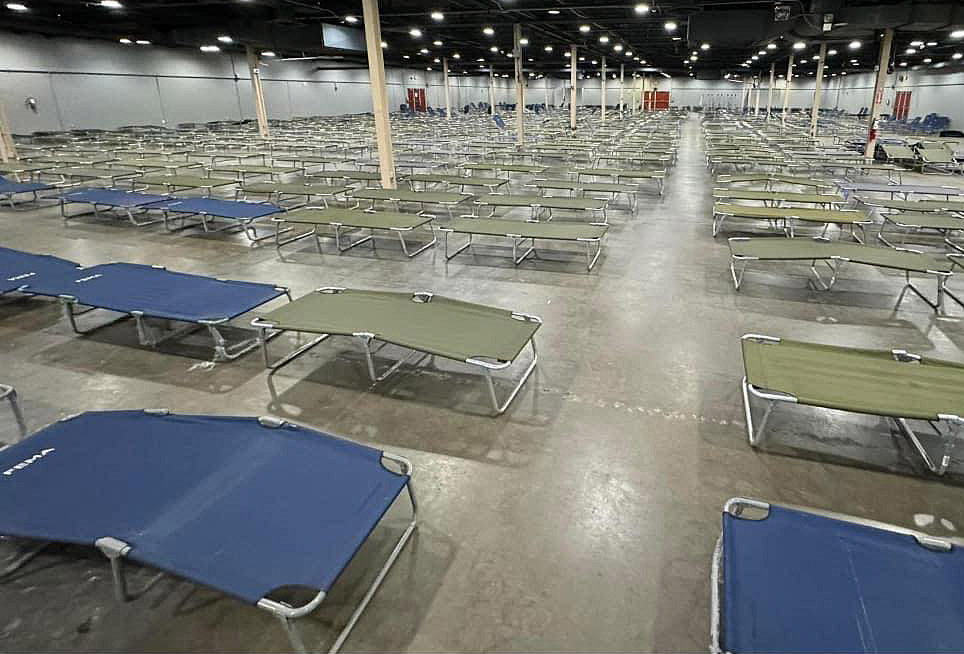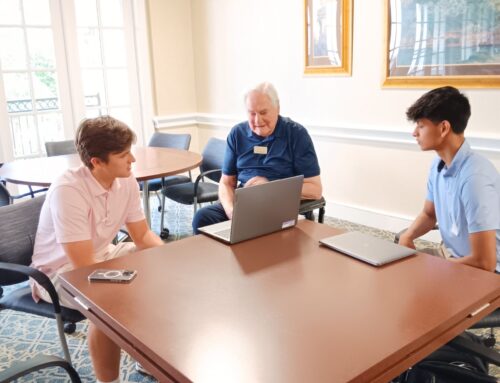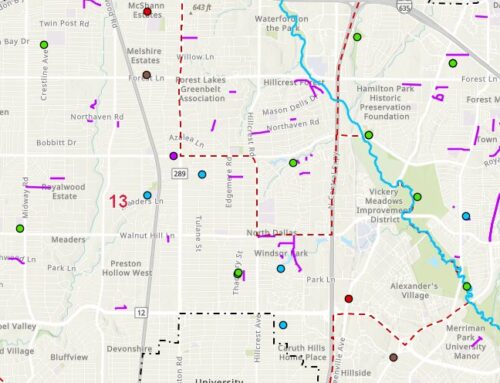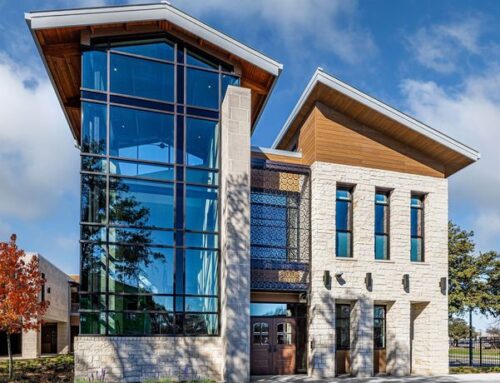The United States Supreme Court will hear a case Monday with widespread implications for American cities, including Dallas. At issue is the right of municipal governments to regulate the behavior of homeless individuals, especially those in homeless encampments.
The specific case is City of Grants Pass v. Johnson out of Oregon, but the current conservative court which agreed to hear it is widely seen as being willing to review the case due to runaway growth in the number of homeless encampments in Dallas and other cities across the country. Although the budgets of municipal governments and nonprofit agencies grow each year to provide wraparound support for people in need of housing, mental health services, drug rehabilitation and other help, the flow of homeless never stops. In parks, on street corners — and sometimes in the backyards of private citizens — homeless individuals stake their claim, building tents, cooking food over open fires, panhandling for money, openly urinating and defecating and leaving trash strewn about.
Let’s back up.
In 2019, the 9th U.S. Circuit Court of Appeals held in Martin v. City of Boise that Boise’s law which criminalized sleeping in public was cruel and unusual. There were not enough shelter beds in Boise, and administrators at many existing shelters prohibited pets, smoking and other activities. Attending religious activities was also required in some cases. Many homeless people simply had no other place to sleep, the court decided.
Some local and state governments (including Texas) passed anti-camping laws as a result. Here’s where the Grants Pass case comes in: The 9th Circuit held that the U.S. Constitution also bans criminalizing the act of public sleeping with rudimentary protection from the elements. Now, the Supreme Court will decide for the entire nation what regulations may be imposed on individuals who insist on remaining in public with blankets or other aids where there are not enough shelter beds.
Measuring the number of homeless in the City of Dallas is a slippery task since people move about and often decline to be identified. Once per year, Housing Forward does a “point-in-time” (PIT) count, a requirement under federal law which helps them monitor trends and measure success. Housing Forward is Dallas’ umbrella organization which coordinates planning for the various service groups and helps homeless people locate the services they need.
The PIT count was 4,244 for Dallas and Collin counties in 2023, down 3.8% from 4,410 in 2022 and 3.5% from 4,570 in 2021. Experts say those aren’t the same 4K people each year, though, because Housing Forward and its partner agencies work so hard to find permanent supportive housing and wraparound services for their clients. Sadly, newly homeless individuals simply take their place on the street. Dallas ISD also has more than 4,000 homeless students.
Daniel Roby leads Austin Street Center and routinely posts on social media that he has just one or two beds available with a lobby full of people waiting for a place to sleep. Austin Street uses a lottery system, and he finds it heartbreaking to turn away, say, an older man with multiple serious health issues or a middle-aged woman who’s worked all her life but recently lost her job or a tradesman who lost his ability to work when he was injured.
At the heart of next week’s Supreme Court case — and the ability of municipal governments to impose restrictions on homeless people “camping” in public places — is the underlying fact that there aren’t enough beds to accommodate those living on the streets. The court is expected to rule in late June.







